Politics of Language Oppression in Tibet
![]()
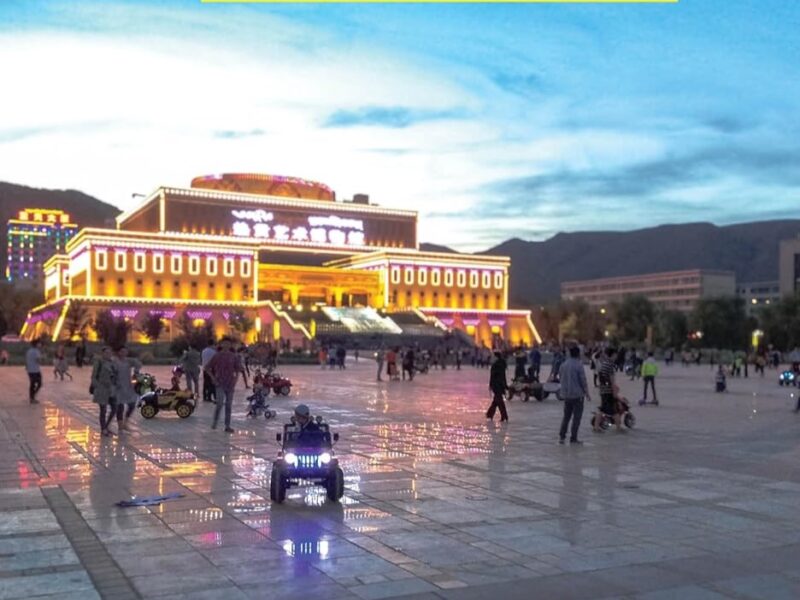
In this episode of the Language on the Move Podcast, Tazin Abdullah speaks with Dr. Gerald Roche, Associate Professor in the Department of Politics, Media, and Philosophy at La Trobe…
Tazin AbdullahJanuary 14, 2025

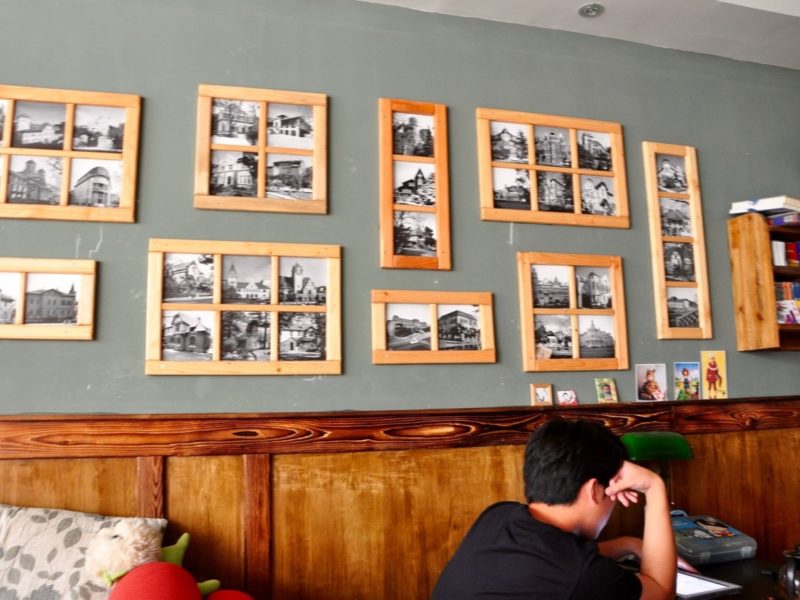

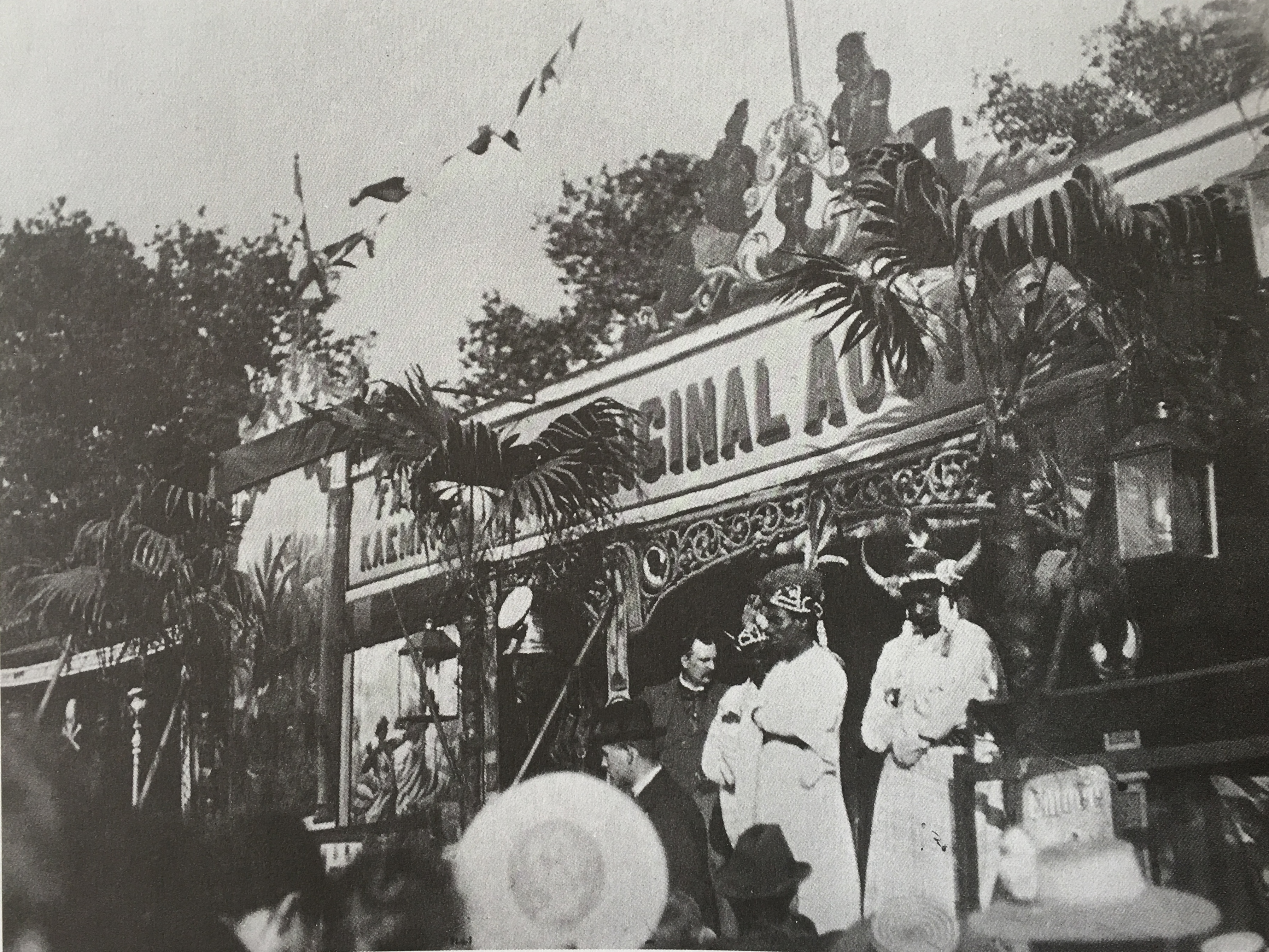
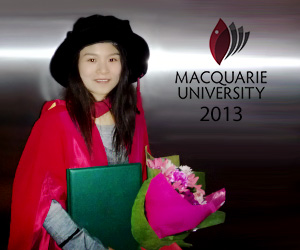



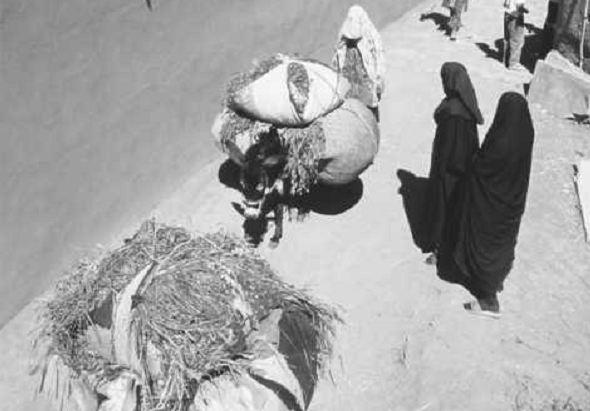

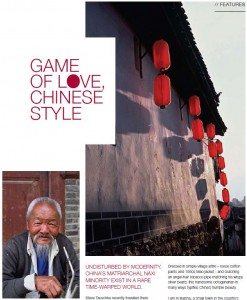
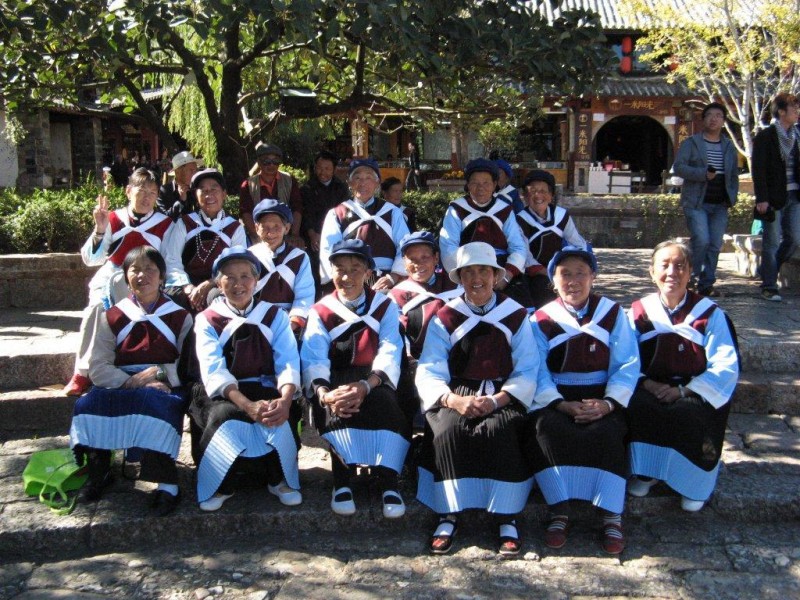


 This work is licensed under a
This work is licensed under a